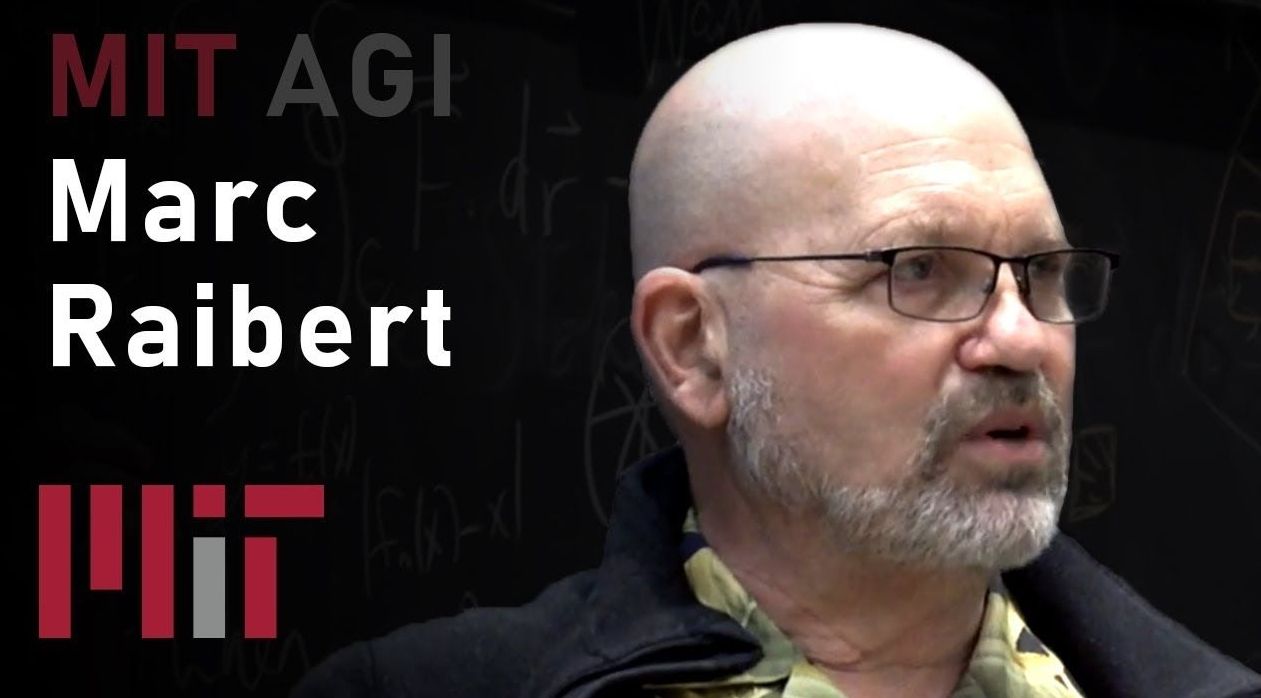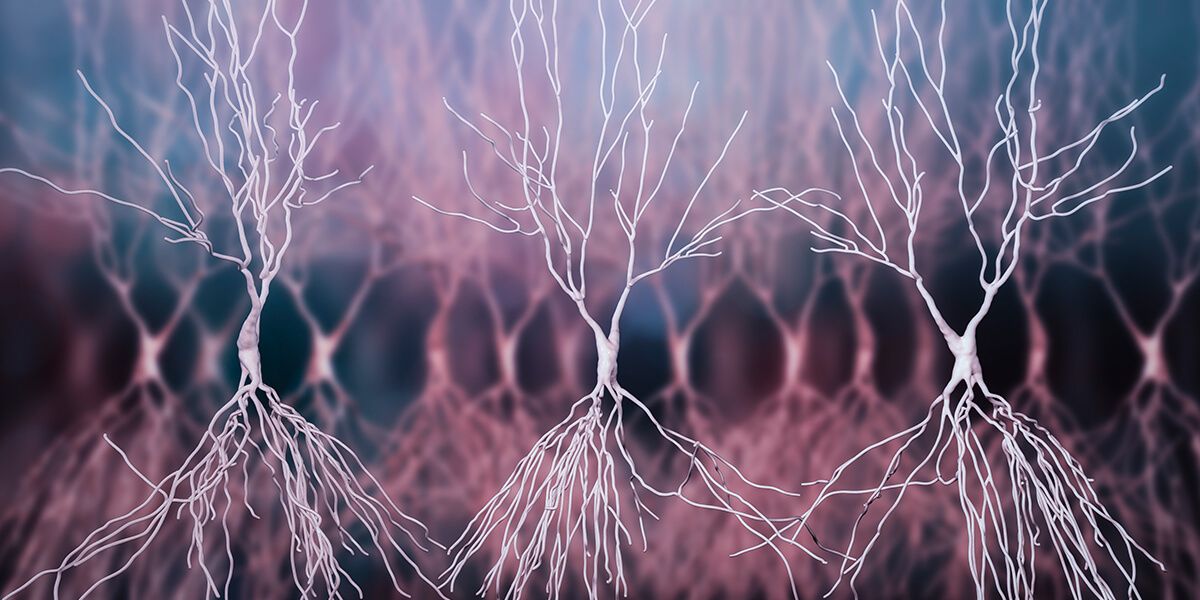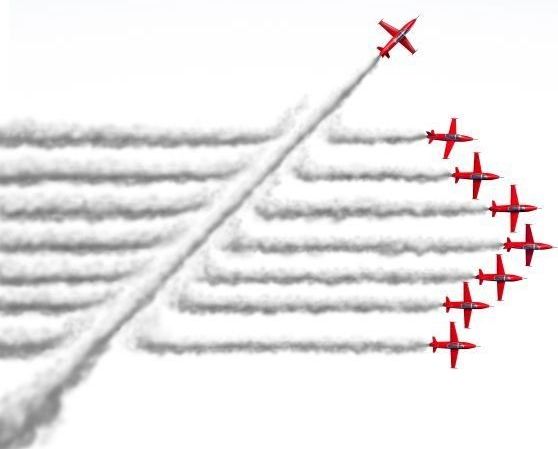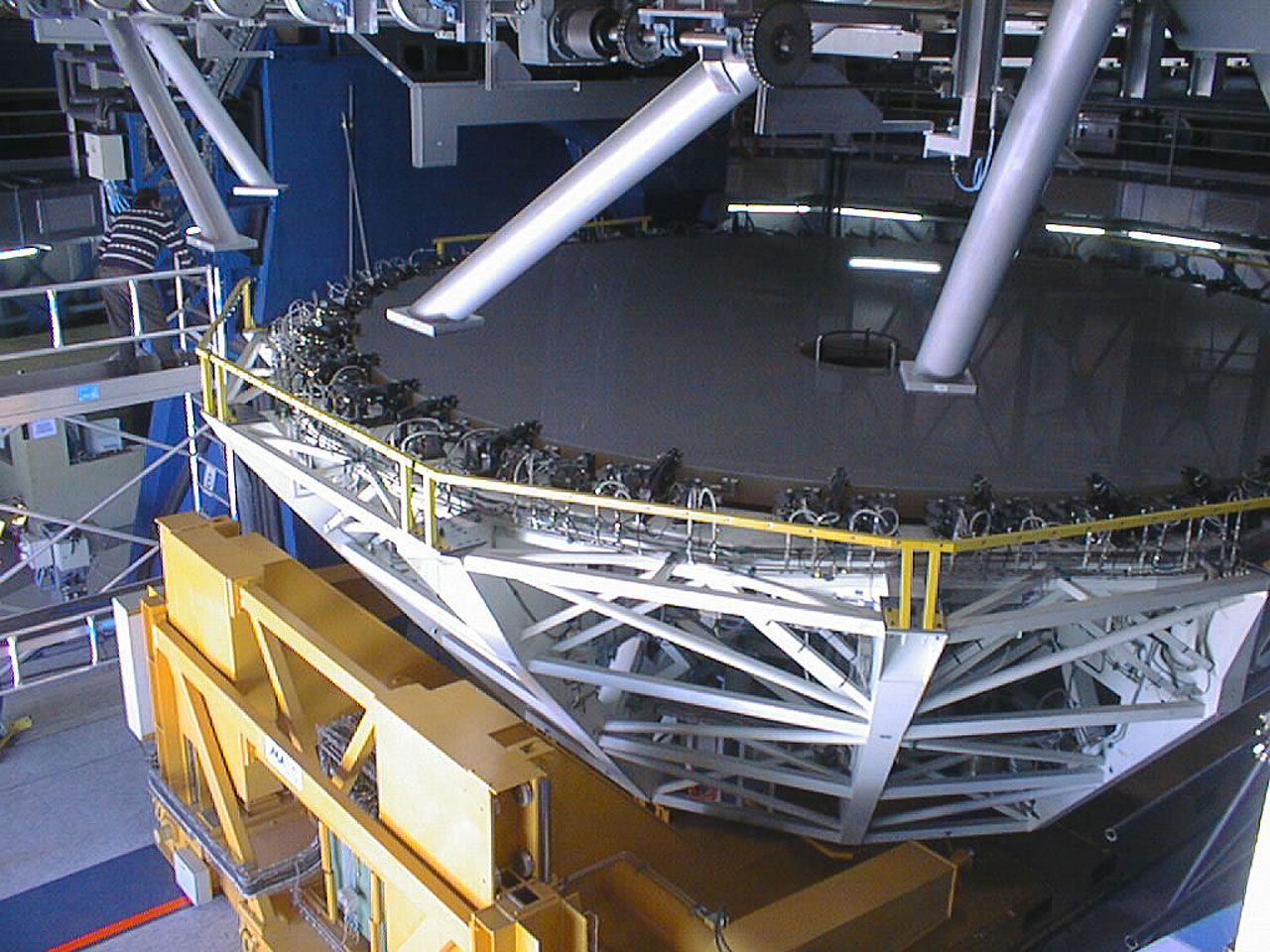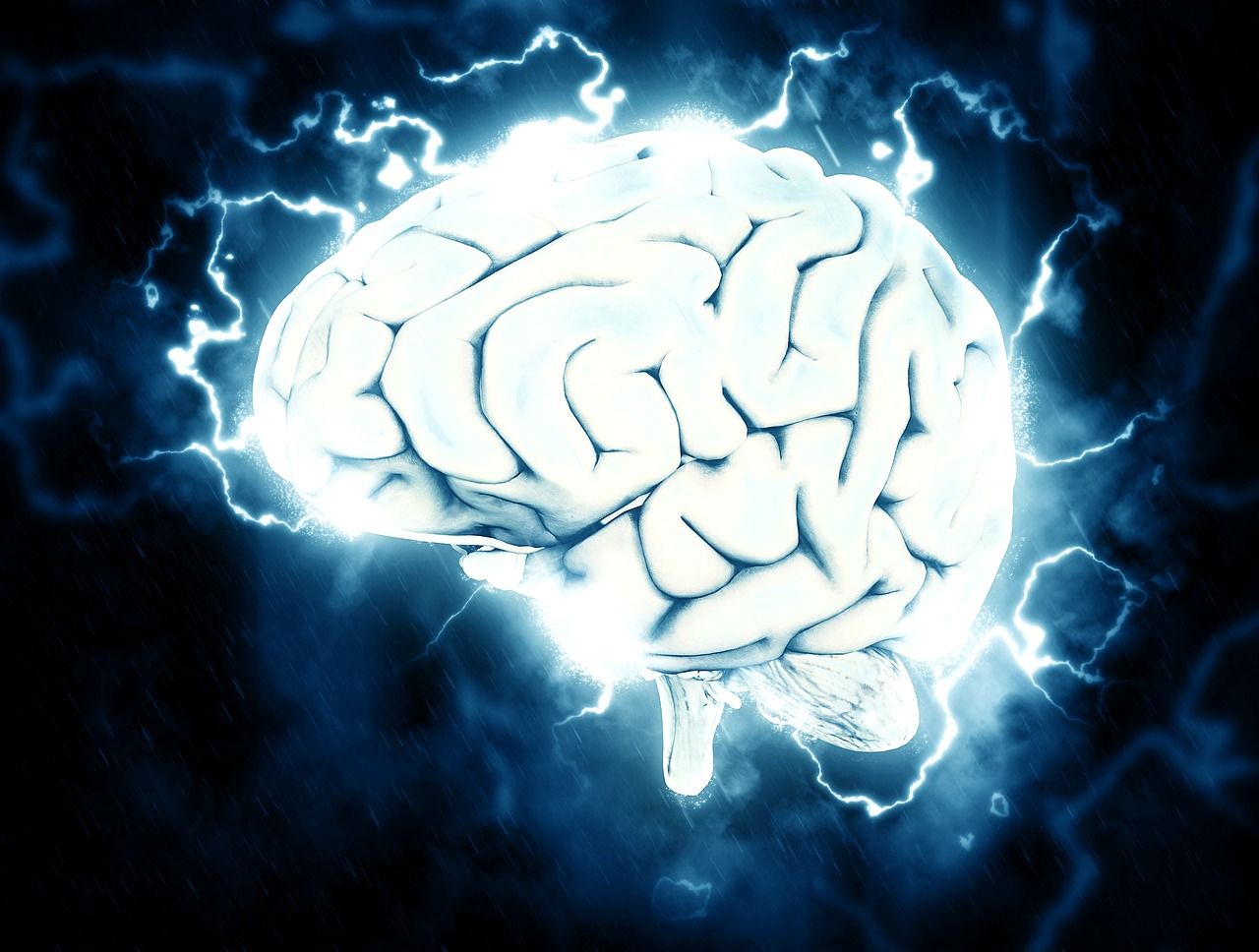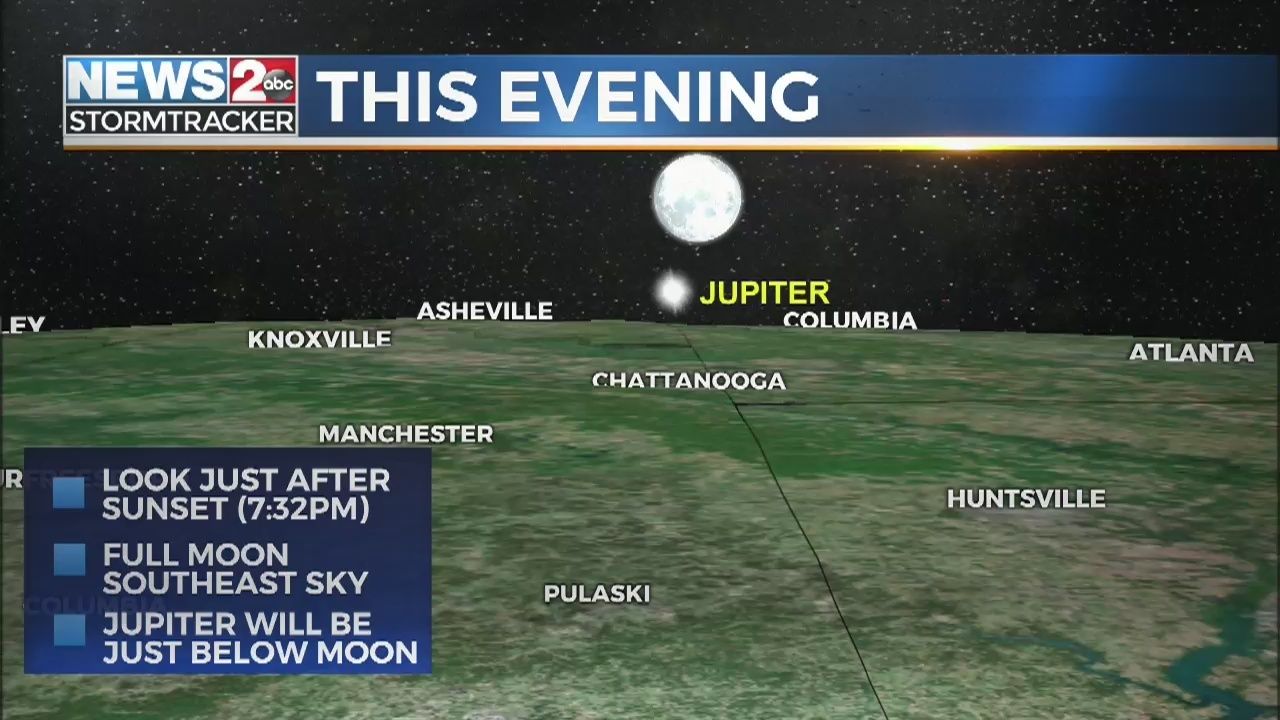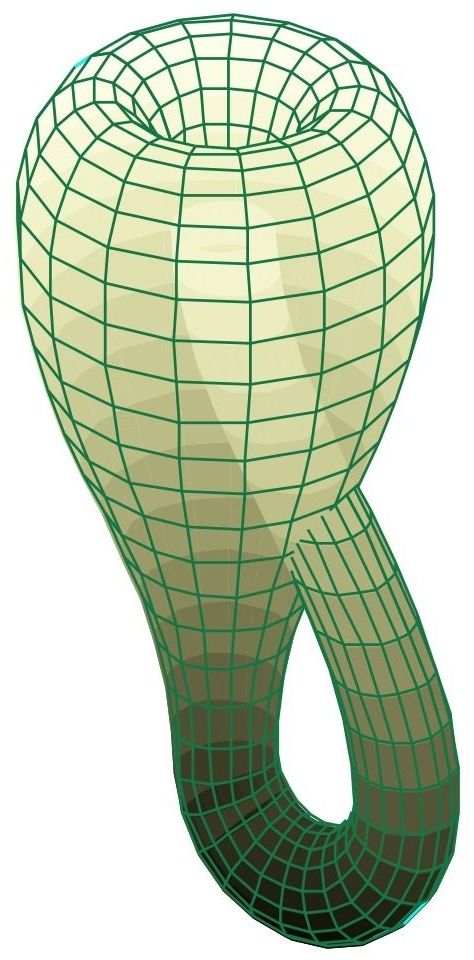Apr 29, 2018
Bye, black holes: white holes are even weirder
Posted by Genevieve Klien in category: cosmology
If there is a phenomenon out there that is actually more bizarre than black holes, it has to be white holes. Black holes can’t say that they might be the answer to where so much of the dark matter—and even most of the matter—in the universe is lurking.
The gravitational pull of a black hole is so insanely strong that not even light (so much for being the fastest entity in the cosmos), can defy it. Nothing can save you once you pass the grim point of no return otherwise known as the event horizon. However, Space.com observed that when Einstein predicted the existence of black holes in his theory of relativity, he also predicted the theoretical reverse of these galactic monsters. A white hole would be no threat to objects in space passing dangerously close, nothing can even enter its event horizon.
When black holes devour massive amounts of matter and energy, it is thought that everything which appears to vanish forever actually emerges from a white hole. Exactly where the victims of a black hole come out could be anywhere from another place in this universe to another universe entirely. Theoretical physicist Carlo Rovelli theorized something even stranger linking the two. Black holes result from collapsed stars, but when these astral corpses die, they may actually turn into white holes.
Continue reading “Bye, black holes: white holes are even weirder” »


